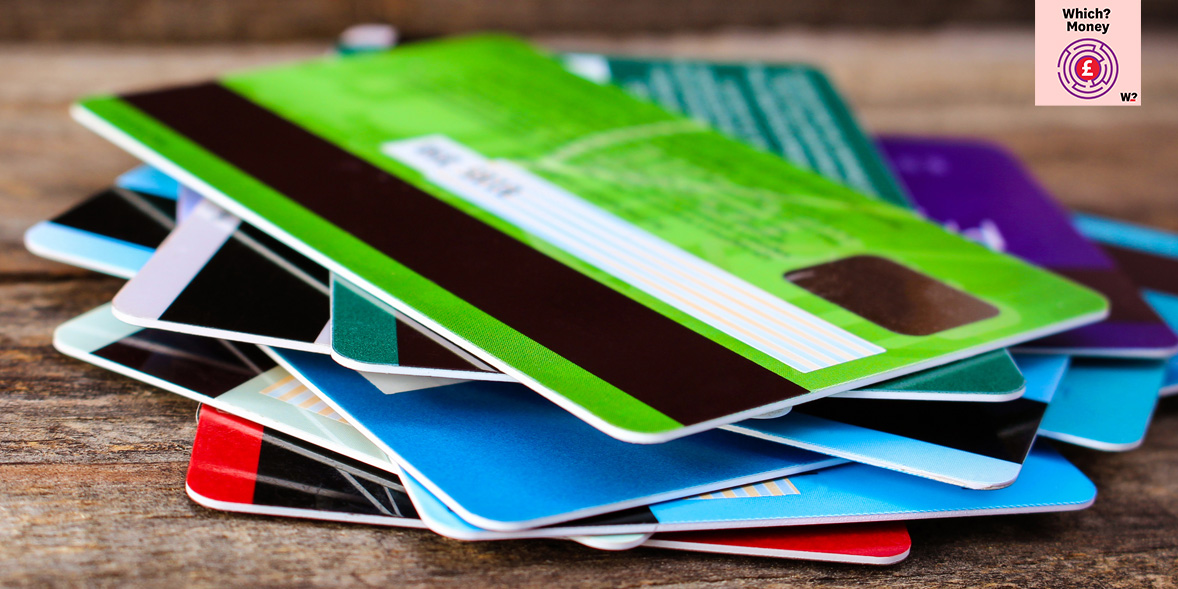
Offshore savings

In this article
- What is an offshore savings account?
- Do offshore savings accounts pay higher interest rates?
- What charges will I pay with an offshore savings account?
- How do I open an offshore savings account?
- How are offshore savings accounts managed?
- Do I pay tax on offshore savings?
- Where are most offshore accounts held?
- Are offshore savings protected?
What is an offshore savings account?
An offshore savings account is, simply put, a savings account that is based outside of the UK.
While it might call to mind images of globetrotting millionaires who deposit money with overseas institutions in order to avoid tax, that's not often the case. In fact, they're more likely to be opened by expats and other people working abroad.
Many UK-based banks and building societies have an offshore arm, for example, Lloyds Bank International Limited and Skipton International.
You are typically required to invest a minimum of £10,000 to open an offshore savings account, so these accounts are unlikely to be suitable for first-time savers.
Read on to find out how offshore savings accounts work.
Do offshore savings accounts pay higher interest rates?
While offshore savings accounts often come with attractive-looking interest rates, these may not be any better than the rate you could get from a top UK-based savings account, so it's inadvisable to opt for an offshore account for the interest rate alone.
Charges for operating an offshore savings account can also eat into your returns, for example, fees for making a withdrawal can be as high as £25 each time.
Make sure you fully check an account's terms before you go ahead and open it.
- Find out more: best savings rates available right now
What charges will I pay with an offshore savings account?
One downside to offshore savings accounts are the myriad fees and charges that you can face for the day-to-day running of the account. The most common charges you'll need to look out for include:
- Withdrawal fees
- Transfer fees
- Monthly accounts fees
- Charges for not maintaining a minimum account balance
- CHAPS fees (these can vary depending on which currency is used)
- International payments
- Cheque clearance charges
- Document translation charges
- Agents payments on foreign transactions
Prices will vary between providers; some advertise free withdrawal fees as a major perk, while others will charge a percentage of the amount being withdrawn.
You should check a provider's terms and conditions before opening a savings account to see if the charges suit how you want to use it.
How do I open an offshore savings account?
You can open an offshore savings account in a few easy steps.
1. Find a bank: make sure it offers the kind of offshore savings account that you want, and then apply either online or in-branch - depending on what the bank offers.
2. Send your verification documents: much like opening a UK account, the bank will need to check your identity. You'll usually need things like a certified copy of your passport or driving licence, plus recent bills or bank statements.
3. Get approved: the bank will usually contact you to say your account is open and ready to go.
4. Make your initial deposit: this will usually be done online, but you may also be able to send a cheque. As with UK accounts, minimum initial deposits vary, so you may have to pay anything from £1-£10,000 in order to activate your account.
5. Start using your account: we explain how to manage an offshore savings account further down the page.
As with any other savings account, it's important to shop around for the best deal before committing to a particular product.
Banks operating in the Channel Islands, Gibraltar and the Isle of Man feature on price comparison websites such as Moneyfacts and MoneySuperMarket.
How are offshore savings accounts managed?
Managing an offshore account is usually done online, where you transfer money between your UK account.
You can usually make withdrawals online by transferring your money in the overseas account back into your UK account.
Then, when you want to top-up your savings, you can transfer cash from your UK account into your offshore savings account.
- Find out more: best UK current accounts
Do I pay tax on offshore savings?
Yes, you are liable for tax, and interest is paid to you without tax deducted, much like UK-based accounts.
Ultimately you do have to pay any UK income tax due, although there can be a substantial delay between earning interest and having to pay tax on it.
For example, if interest is paid once a year at the end of April, you could hold the previous year's interest in your account for up to 20 months. This 'deferral' of the income tax payment due on your offshore savings could allow you to earn a small amount of extra interest.
If you use an offshore savings account to evade tax and are caught, you will have to pay HM Revenue & Customs whatever you owe, plus interest and a fine.
Depending on where your offshore savings are based, you may be liable for overseas tax, as well as UK tax.
It's important to investigate this before depositing your money, although more than 100 double taxation agreements exist between the UK and other countries to help prevent this situation arising.
Where this is the case, you should be able to claim UK tax relief on the tax you pay overseas.
Where are most offshore accounts held?
The most common countries that hold offshore savings accounts for UK citizens are:
- Jersey
- Guernsey
- Isle of Man
- Gibraltar
- France
- The Netherlands
Are offshore savings protected?
Before you open any savings account, it's vital to ensure you understand how your money would be protected, if at all, in the event of a provider's collapse.
Money held in offshore financial institutions is NOT covered by the UK's Financial Services Compensation Scheme so your cash will not have the same standard of protection it would get if you saved with a bank or building society based in the UK.
The location of the financial institution you choose may not be immediately obvious from its website - but it will affect whether your money is protected if it went bust.
Several popular offshore locations have their own financial compensation schemes so, as in the UK, a proportion of your savings is guaranteed should your account provider go bust.
Here are some examples from some of the most popular countries for offshore savings:
- Jersey: Jersey Depositor Compensation Scheme (JDCS) covers up to £50,000 per person, per Jersey Banking Group.
- Isle of Man: Depositors' Compensation Scheme (DCS) covers up to £50,000 of net deposits per individual depositor.
- Guernsey: Guernsey Bank Deposit Protection Scheme (GBDCS) covers up to £50,000 per individual claimant per institution.
- Gibraltar: Gibraltar Deposit Guarantee Scheme (GDGS) covers up to €100,000 of qualifying deposits.
- France: French Deposit Guarantee Scheme (FDGR) covers up to €100,000 per depositor.
- The Netherlands: Dutch Central Bank's Deposit Guarantee Scheme (DGS) covers up to €100,000 per depositor.
It's worth remembering, however, that each country's depositor protection scheme is only as strong as the economy of that country.
Here in the UK, the FSCS is backed by the UK government, which is unlikely to go bust. Smaller economies could be more vulnerable, however.
That's why Which? does not recommend that anyone puts their money into an account that does not have ful.
In addition, you should investigate the standard of financial regulation in the country you're considering: are there controls on who can set up a bank and how it is run? You may want to think twice about saving money in a location where there is little regulation in place.
It's also worth checking whether there is a consumer complaints system in the country where your savings will be held.
Should anything go wrong with your account, it's important that you're able to seek redress in a simple manner - and in a way that won't cost you any extra money.
Offshore savings accounts: your questions answered
Below, we answer some of the most common questions that crop up about offshore savings accounts.


















